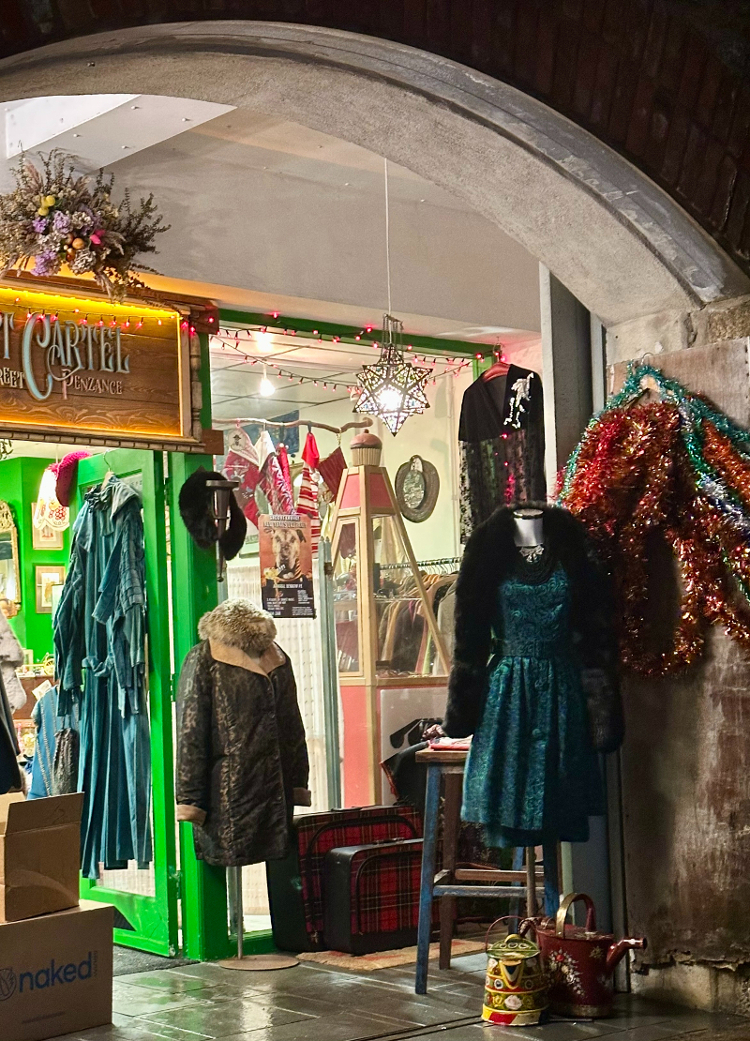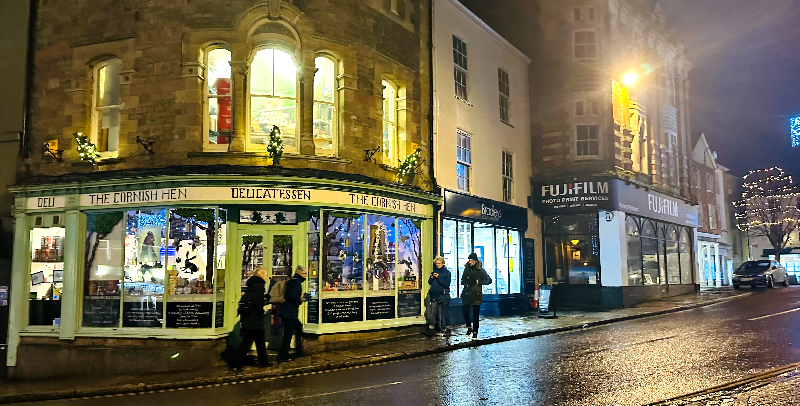Increasing insolvencies, decreasing job vacancies and a shrinking economy brings jitters to Cornwall as we get close to Christmas with alarm bells from economists and business leaders that there could be trouble in the new year.
The economy has shrunk in the UK for the second month in a row, leading to fears the country is heading for higher unemployment and recession. Last week, Cornwall Council announced a hundred redundancies in a bid to save money. The council is in financial difficulties and making cuts across the board to avoid bankruptcy. The council is hoping to make the majority of job cuts through voluntary redundancies but it’s likely that some will be compulsory.
There are fears of more job losses in the county as businesses reported that hiring rates fell in December. The latest data from HMRC shows a fall in hiring rate in sectors like hospitality, suggesting an underlying weakness in the economy as businesses stop hiring staff.
Further signs that businesses are struggling came as new data from the Insolvency Service reported that company and personal insolvencies had increased. The short term ramping up of insolvencies is an indication of the difficult financial position many firms find themselves in as squeezed household budgets affect retail and hospitality businesses.
Chris Williamson, chief business economist at S&P Global Market Intelligence, said, “Economic growth momentum has been lost since the robust expansion seen earlier in the year, as businesses and households have responded negatively to the new Labour government’s downbeat rhetoric and policies.”
As well as a fall in hiring rates, the Office for National Statistics (ONS) said that economic activity had stalled or declined, with pubs, restaurants and retail among sectors reporting “weak months”. Chancellor Rachel Reeves called the figures “disappointing” but said that “It’s not possible to turn around more than a decade of poor economic growth and stagnant living standards in just a few months.”
A Bank of England survey earlier this month found more than half of companies were planning to raise prices in response to the Budget, while also cutting jobs and pay. The survey showed a combination of weakening demand, rising employment costs and squeezed profit margins led to a reduction in private sector headcount.
Shadow Business Secretary Andrew Griffith described the numbers as “shocking, but to anyone in touch with real businesses, not surprising.”
Economic growth formed a key part of Labour’s election promises, and growth had been expected to return after September. But sectors including pubs, restaurants and retailers have reported a weak period as customers have less money to spend.
A rise to minimum wage and an increase in employers’ National Insurance contributions due next April is adding to pressure. Businesses will start paying NICs on employees’ earnings from £5,000, rather than the current £9,100 threshold, and the rate will rise by 1.2 percentage points to 15 per cent.
 The chancellor has defended the policy. But critics called for her to reconsider, with fears that the measures will further hit hiring and could lead to higher prices. Kate Nicholls, head of Hospitality UK said, “You can’t balance the books on the backs of the nation’s high street. We would urge a rethink on the National Insurance contributions threshold for avoiding a further hit to growth.”
The chancellor has defended the policy. But critics called for her to reconsider, with fears that the measures will further hit hiring and could lead to higher prices. Kate Nicholls, head of Hospitality UK said, “You can’t balance the books on the backs of the nation’s high street. We would urge a rethink on the National Insurance contributions threshold for avoiding a further hit to growth.”
But the chancellor has said that the measure, at the heart of a £40bn tax-raising budget, is required to repair battered public services and fill a “black hole” in the public finances left by the previous Conservative government.
Reeves maintained that the government has “put in place policies to deliver long-term economic growth” and said “We are determined to deliver economic growth as higher growth means increased living standards for everyone, everywhere.”
